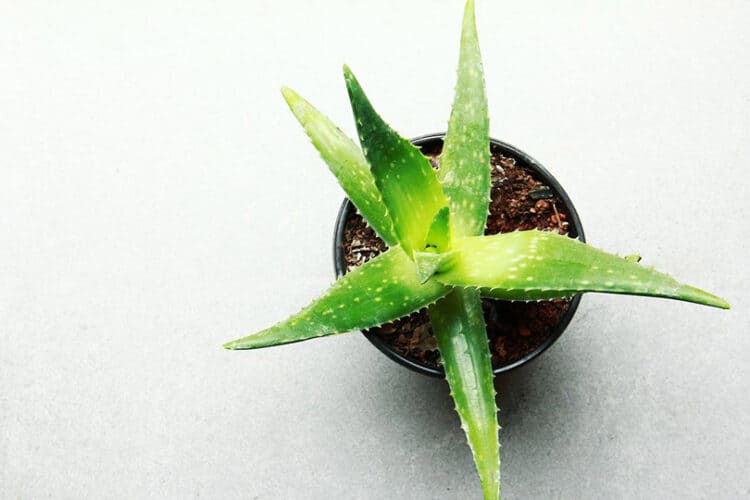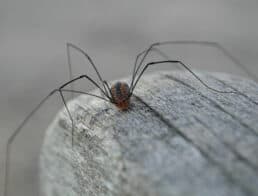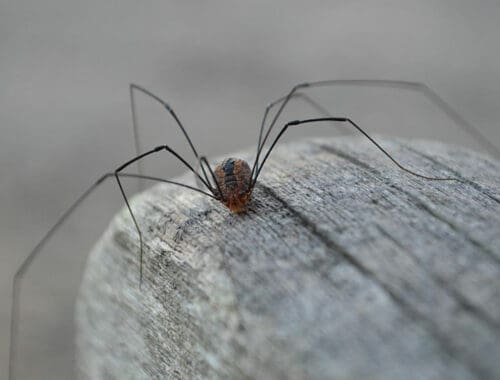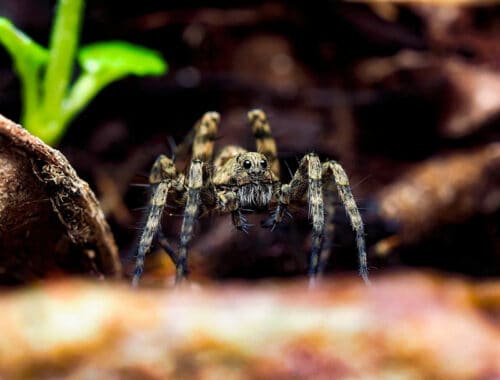Aloe plants have healing and soothing properties that are beneficial to humans. People can also consume this plant as well. However, aloe is toxic to cats and unsafe for them to eat. If you think your cat has bitten off a piece of an aloe plant, it’s important to monitor your cat’s condition and keep your veterinarian in the loop.
Here’s what you need to know about aloe plants and cats and what you can do if a cat has eaten one.
Aloe Plants Are Toxic to Cats
There are over 500 species under the Aloe genus. These plants are succulents with thick leaves that contain a lot of moisture. One of the most common varieties of aloe that you’ll find in homes is Aloe vera.
Aloe plants are toxic to cats because they contain saponins and anthraquinones. Saponin is an organic chemical that tastes bitter and has foaming properties. While ingesting it doesn’t usually lead to fatal consequences, it can still significantly irritate the digestive tract.
Anthraquinones are another organic compound that often acts as a powerful laxative, and it can negatively affect a cat’s gastrointestinal tract.
The layer between the aloe’s skin and the gel contains the toxins. So, even if the gel isn’t poisonous, your cat will most likely get sick because it would have had to bite through the toxic layer before reaching the gel.
Signs Your Cat Has Eaten Aloe
Since saponins and anthraquinones affect the gastrointestinal tract, most symptoms will be related to digestive issues. Cats that have eaten aloe may exhibit the following symptoms:
- Loss of appetite
- Vomit
- Diarrhea
- Lethargy
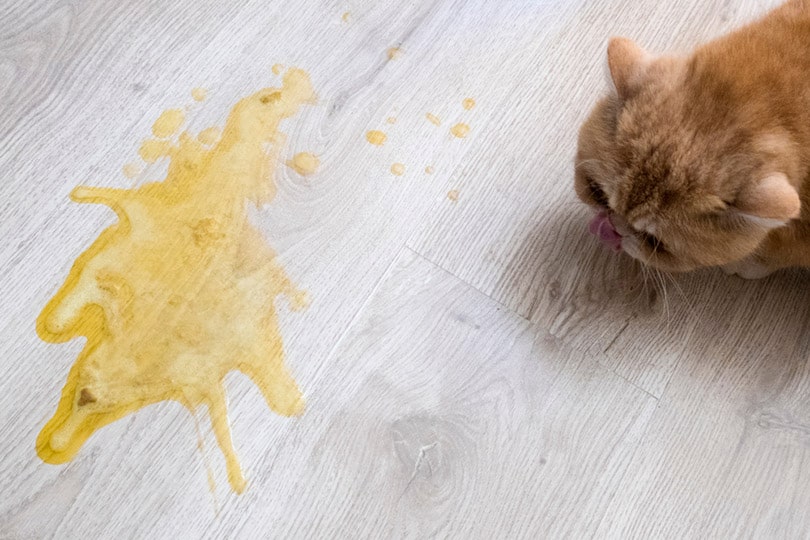
What To Do If Your Cat Eats Aloe
There are several things you can do to help your cat if it’s eaten a piece of an aloe plant. First, contact your veterinarian. Your veterinarian can help walk you through the next steps and also determine if you need to bring your cat in for emergency care. Here is some helpful information that you can provide for your veterinarian:
- The time your cat ate the aloe plant
- The amount of the aloe plant that your cat ate
- Any symptoms your cat is experiencing
If your veterinarian wants you to bring in your cat, make sure to bring a piece of the aloe plant with you. After making further assessments, your veterinarian can make a diagnosis and follow through with treatment.
Your cats may ingest activated charcoal, which will absorb toxins. The veterinarian may also induce vomiting to prevent the body from absorbing more toxins. You might also receive some medications to help manage any symptoms of an upset stomach. Your veterinarian will probably also prescribe a special diet that’s gentle on your cat’s stomach so that its digestive system can recover.
Final Thoughts
Although the gel of aloe plants isn’t poisonous, the lining surrounding it contains toxins. Therefore, if your cat has bitten into this plant, there’s a good chance it’ll start to experience symptoms. Most incidents won’t be fatal, but make sure to contact your veterinarian right away for instructions. It’s better to be safe than sorry, and your cat will appreciate you for providing immediate care.
Feature Image Credit: Pixabay
